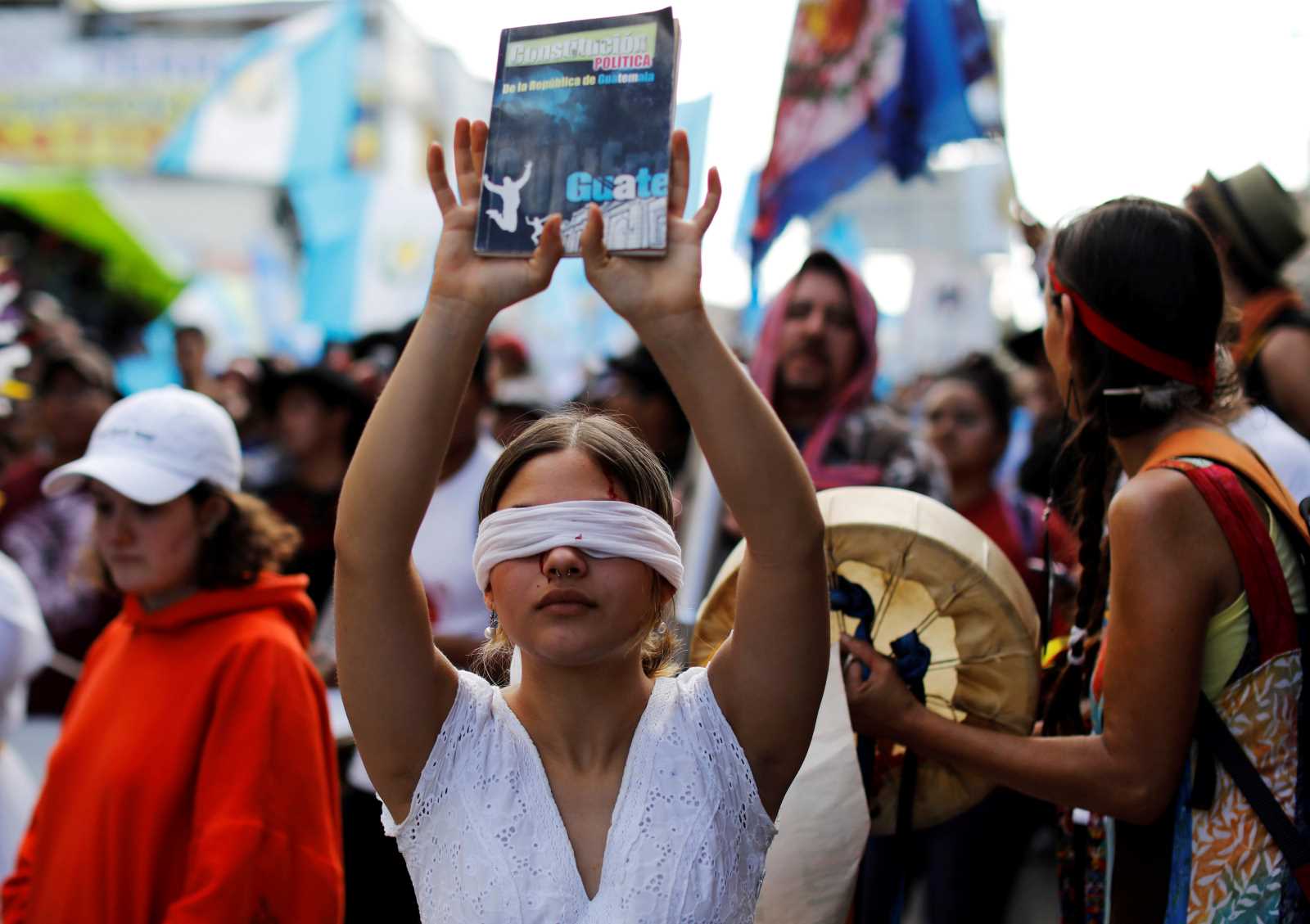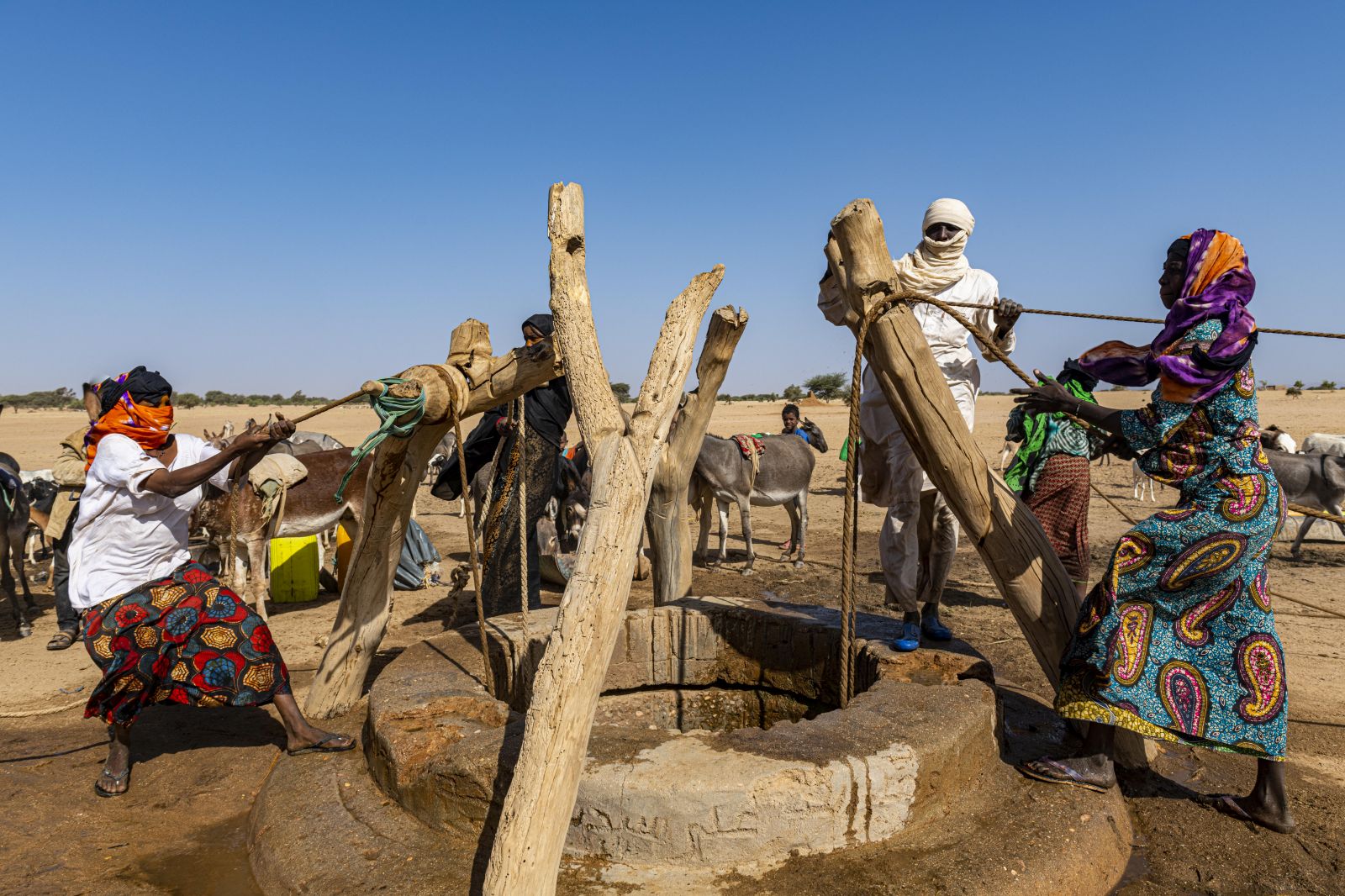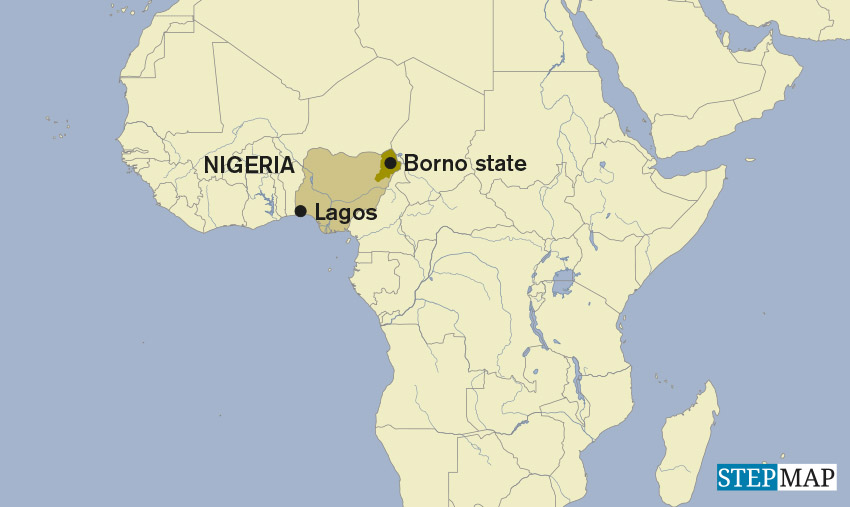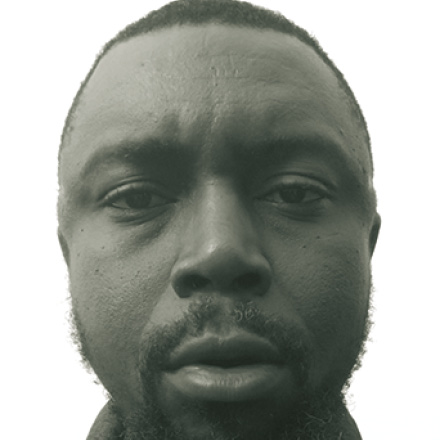Awareness and action
Not many aid organisations dare to work in these parts of the DR Congo, because nobody can guarantee the security of staff. One of the few organisations on the ground is Missio, a German faith-based organisation working in conjunction with Catholic partner organisation Commission for Justice and Peace. Missio runs 18 trauma centres specially designed to help girls and women who have suffered rebel violence. There, victims learn how to come to terms with their terrible experiences. German filmmaker Claudia Schmid has made an impressive documentary about the abused women and the work of the trauma therapists. It is called “Voices of Violence” and was shown in March at a number of German cinemas. It will be shown on a few more dates in 2016. In 2017, the film will be broadcast on German TV. A concrete date is not yet known.
Claudia Schmid spent several months in an area close to the city of Bukavu for her documentary. She wants to give the unheard women a voice and make the world aware of what is happening to them. She lets the women talk about their traumatic experiences and also about how the trauma therapists have helped them – as they put it – "not to get mad". Everybody should see this film, even if it is very painful. None of us could ever imagine what the rebels did to these girls and women.
The documentary is a real eye-opener because we cannot say this conflict has nothing to do with us and we don´t care. “The war in Congo is linked to our mobile phones,” says Thérèse Mema Mapenzi, a Congolese Missio trauma therapist who appears in the film. The most crucial driver for the rebel groups are the rich resources located in this area. Many of them – especially coltan – are components for mobiles phones, tablets and other devices. Every one of us uses these products. None of the big companies can guarantee not to use resources from conflict areas. So Missio has launched a petition addressed to the phone companies to stop using illegal coltan from rebel sources in Congo. Everybody can sign it online here. Missio asks the companies to guarantee that they will process only legal resources and create transparent trade structures. So far, only two small companies are actively committed to doing so: the Dutch fairphone and the German shift phone. If more consumers were aware of the problem and put pressure on the technology companies, that would make a difference – also, in the long run, for the girls and women of east Congo.













